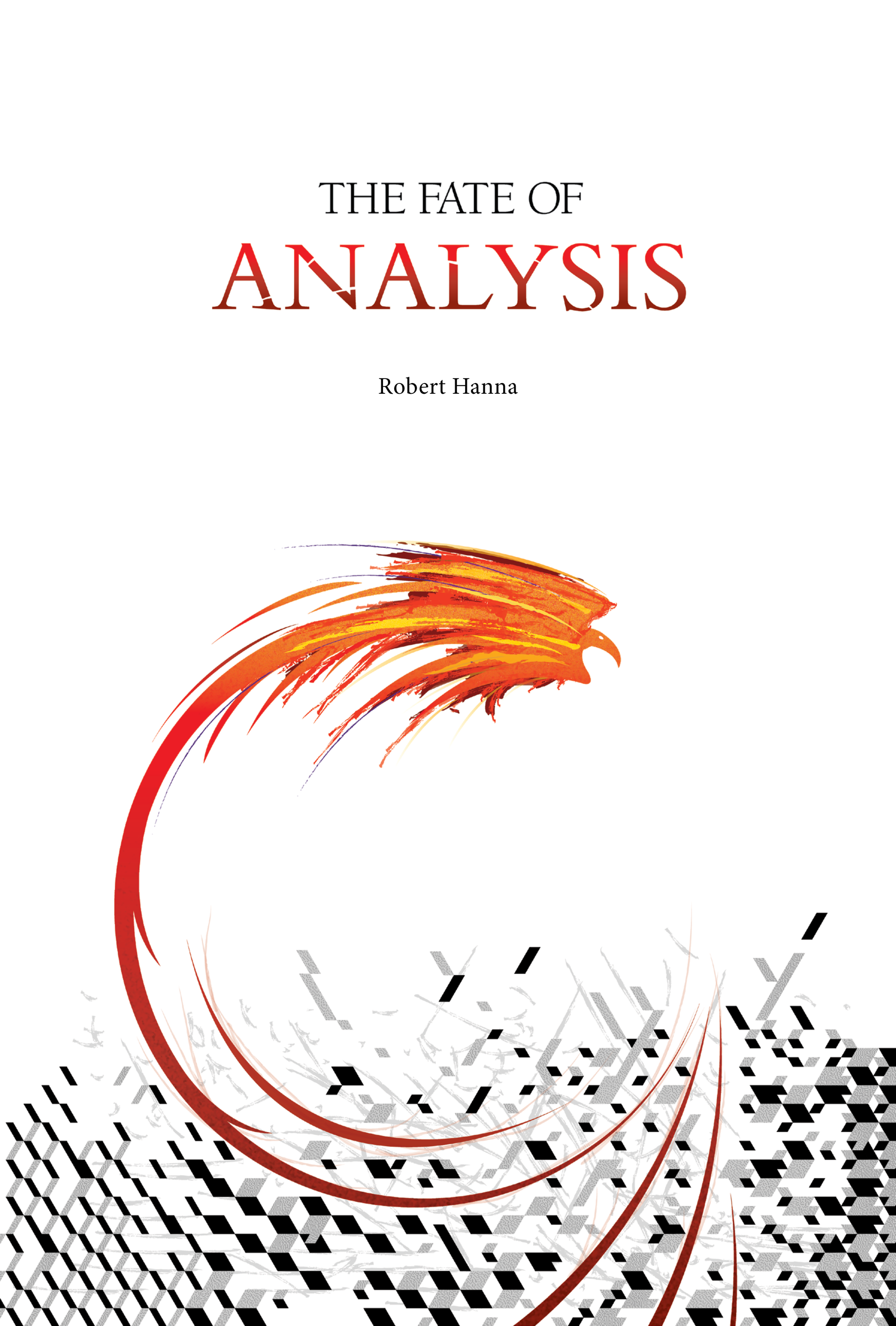CONTINENTAL PHILOSOPHY: the social-institutional Other for post-classical Analytic philosophy, i.e., Analytic philosophy from 1950 to the present.
Controversy: see the entry on “Analytic philosophy.”
ELABORATION
The term “Continental philosophy” is a catch-all quasi-geographical term, coming into common usage around 1980, for every kind of philosophy that’s excluded or rejected (and often ridiculed) by the post-classical Analytic tradition, typically associated with, for example: Immanuel Kant’s, Kantian, or neo-Kantian philosophy; G.W.F. Hegel’s, Hegelian, or neo-Hegelian philosophy; Karl Marx’s, Marxist, or neo-Marxist (aka New Left) philosophy, for example, Frankfurt School critical theory; existentialism, especially including the work of Søren Kierkegaard, Friedrich Nietzsche, Martin Heidegger, Jean-Paul Sartre, Albert Camus, and Simone de Beauvoir; phenomenology, especially including the work of Franz Brentano, Edmund Husserl, Alexius Meinong, and Maurice Merleau-Ponty; American pragmatism, especially including the work of C.S. Peirce, William James, and John Dewey; Henri Bergson’s or A.N. Whitehead’s process philosophy; and above all, post-structuralist philosophy, post-modernist philosophy, or posthumanist philosophy.
Correspondingly, there is no single philosophical doctrine or methodology that is shared by all so-called “Continentals.”
Prior to World War II, classical Analytic philosophy was in more-or-less equal intellectual competition with phenomenology (both Husserlian transcendental phenomenology and Heideggerian existential phenomenology), and to some extent, American pragmatism, together with what remained of the German neo-Kantian and British neo-Hegelian traditions.
The first use of the term “Continental Philosophy” seems to have been in 1945, in Bertrand Russell’s History of Western Philosophy, where he talks about “two schools of philosophy, which may be broadly distinguished as the Continental and the British respectively.”[1]
But as I mentioned above, the term didn’t come into general use in its recent and contemporary sense until roughly 1980, as Andreas Keller points out:
An Ngram of the term “Continental Philosophy” shows that it took off around 1980[2] shortly after the smash-hit appearances of Richard Rorty’s two highly controversial books, Philosophy and the Mirror of Nature in 1979, and Consequences of Pragmatism in 1982. It seems that before that time, many instances of the term were meant just in a geographic sense, not implying a contrast with “Analytic philosophy.” This hints at an invention, or at least popularization, of the term in its current meaning around 1980. Perhaps there was not merely a temporal succession, but also some sort of causal connection, between the publication of Rorty’s books and the later Anglo-American entrenchment of the term.[3]
In any case, by 1950, post-classical Analytic philosophy, driven by (i) the triumph of the Allied powers in the second World War, (ii) Cold War sociopolitics, and (iii) scientism, had achieved social-institutional control and indeed ideological hegemony over the leading Anglo-American professional academic departments of philosophy, a domination it has enjoyed ever since.[4]
B. Russell, A History of Western Philosophy (New York: Simon & Schuster, 1945), p. 643. ↩︎
Google, available online at URL =
https://books.google.com/ngrams/graph?content=continental+philosophy&year_start=1800&year_end=2000&corpus=15&smoothing=3&share=&direct_url=t1%3B%2Ccontinental philosophy%3B%2Cc0. ↩︎A. Keller, “On the Use of the Term ‘Continental Philosophy,” Against Professional Philosophy (13 April 2018), available online at URL = https://againstprofphil.org/2018/04/13/on-the-use-of-the-term-continental-philosophy/. ↩︎
See R. Hanna, The Fate of Analysis: Analytic Philosophy From Frege to The Ash-Heap of History, and Toward a Radical Kantian Philosophy of The Future (New York: Mad Duck Coalition, forthcoming in 2021). ↩︎

If you feel so inclined, please feel free to show your support for Robert via his Patron page (https://www.patreon.com/philosophywithoutborders) or purchase his recently published book, The Fate of Analysis (2021).

The Fate of Analysis (2021)
Robert Hanna’s twelfth book, The Fate of Analysis, is a comprehensive revisionist study of Analytic philosophy from the early 1880s to the present, with special attention paid to Wittgenstein’s work and the parallels and overlaps between the Analytic and Phenomenological traditions.
By means of a synoptic overview of European and Anglo-American philosophy since the 1880s—including accessible, clear, and critical descriptions of the works and influence of, among others, Gottlob Frege, G.E. Moore, Bertrand Russell, Alexius Meinong, Franz Brentano, Edmund Husserl, The Vienna Circle, W.V.O. Quine, Saul Kripke, Wilfrid Sellars, John McDowell, and Robert Brandom, and, particularly, Ludwig Wittgenstein—The Fate of Analysis critically examines and evaluates modern philosophy over the last 140 years.
In addition to its critical analyses of the Analytic tradition and of professional academic philosophy more generally, The Fate of Analysis also presents a thought-provoking, forward-looking, and positive picture of the philosophy of the future from a radical Kantian point of view.







